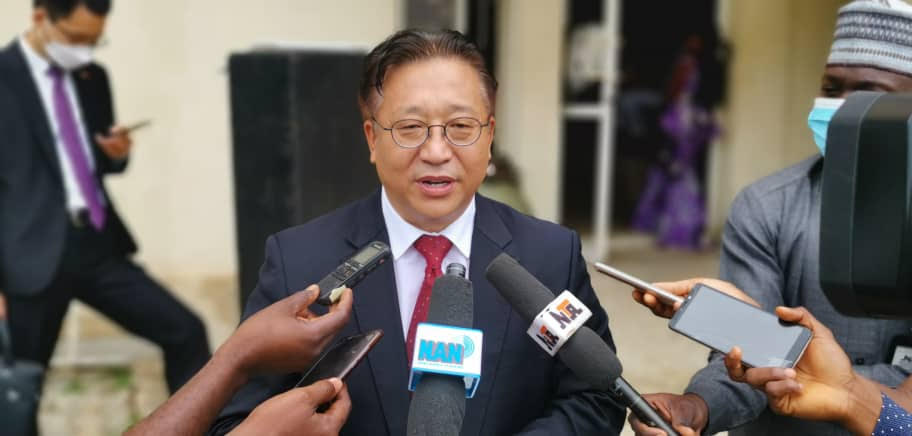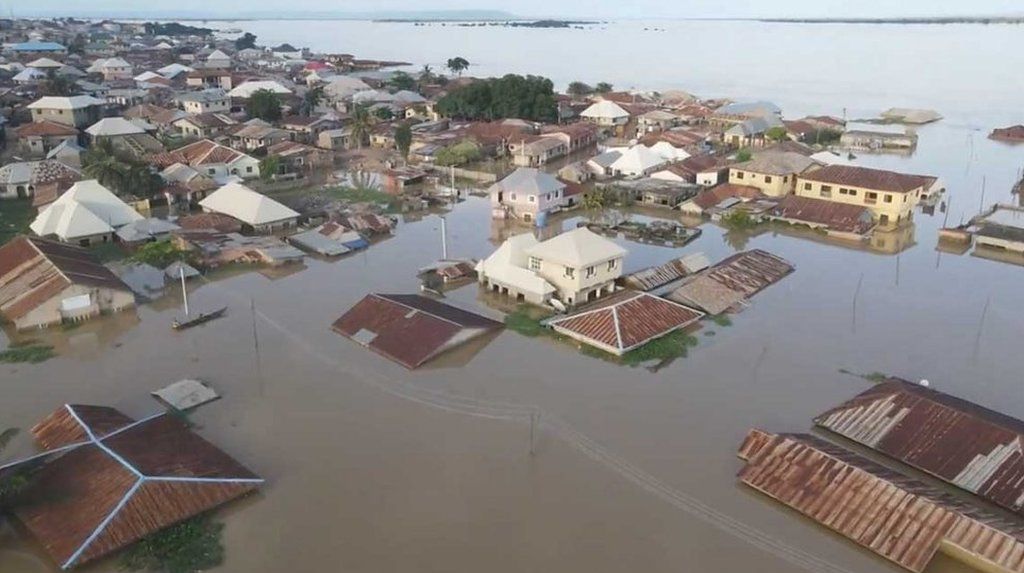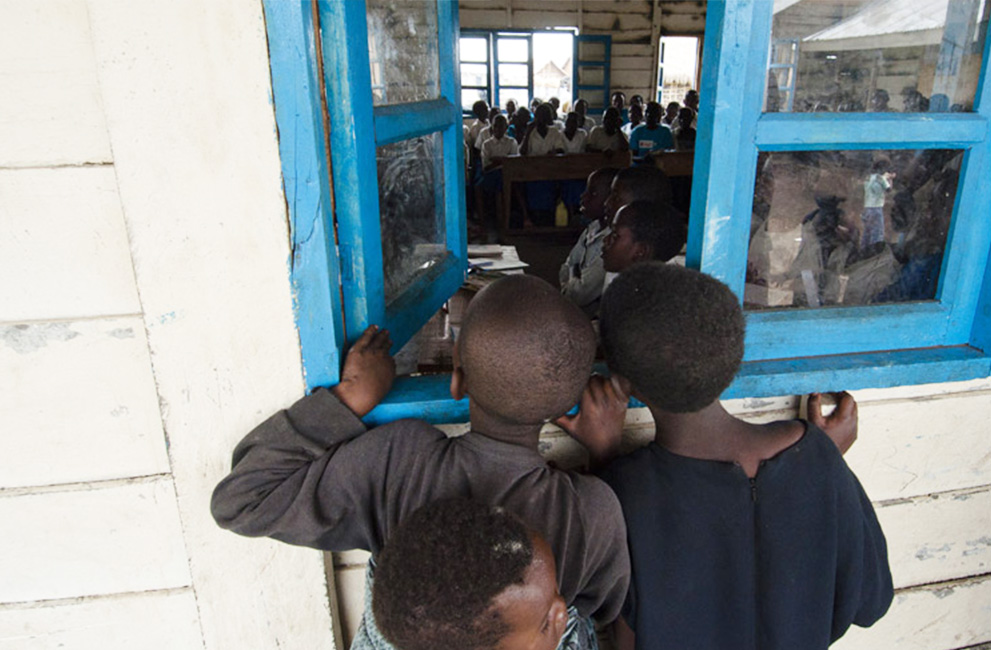The Centre for China Studies held its annual national congress where it expressed the interest of the Communist Party of China. The event designed to foster an African and Chinese partnership and promotion of bilateral engagement between African countries especially Nigeria.

Speaking at the event, Mr Charles, the Director of CCS noted that “the predictions of the Nigeria/China cooperation are positive and with the continued partnership, there would be more positive outputs”. He gave an example of the planned port partnership with Nigeria and China which is expected to generate over 200,000 jobs and 300 million dollars in revenue for Nigeria. He added that China’s paths to new eras would also bring more opportunities in the field of trade for Nigeria. He went on to explain that China reported to have eradicated poverty and ended global poverty by almost 70%, hence it is absolutely necessary that Nigeria and Africa as a whole pay attention to their activities and learn from the Communist Party of China.
While addressing the participants, Mr Cui Jianchun, the Chinese ambassador to Nigeria, noted relevant points that could influence the partnership between Nigeria and China. He noted that China believes in Marxism and such a clear understanding of the culture of their society would imply a grand maximization of the potentials of the both countries. He further emphasized the importance of good party politics and that its end result should be to improve the welfare and interest of her masses.
Mr Cui noted that “the Chinese government has been dutiful in ensuring: governance, thought, leadership, security, military, diplomacy, unification, modernization, rule of law, self-governance, economy, democracy, culture, society, ecology, etc.”, hence they have been able to achieve immense success.







